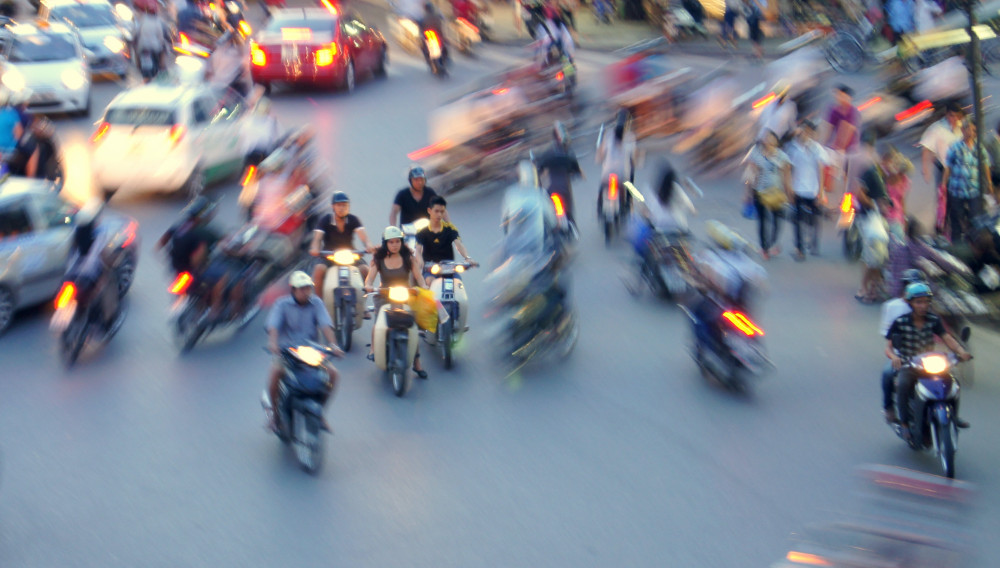Vietnam beer market could take years to recover
Vietnam | After decades of beer consumption only going up, it suddenly came to a screeching halt in 2020, after the Vietnamese government introduced Decree 100, its drastic anti-drunk driving laws in January. And then came covid-19.
The clampdown on drunk driving hit the brewing industry harder than covid-19. The government’s handling of the pandemic has been largely successful – the country had just over 1,500 cases and 35 deaths by January 2021. But with over 80 percent of beer consumption in the on-trade channel, the impact on beer demand by Decree 100 was immediate and significant. Beer production in 2020 dropped by an estimated 14 percent over 2019, the Vietnam Beer Alcohol and Beverage Association (VBA) said in January.
In 2019, the Vietnamese consumed about 46 million hl beer, taking per capita beer consumption to 46 litres.
An oligopoly of four
About 90 percent of Vietnam’s beer market is controlled by four major companies (figures for 2019): Sabeco (39 percent), Heineken (33 percent), Habeco (11 percent), and Carlsberg Vietnam (9 percent). Negative business results from these firms could lead to a setback of the overall industry in the medium term.
The Hanoi Times reported that in 2019, the alcohol industry paid about USD 2.6 billion in taxes, to which the four mentioned above contributed about 80 percent, or USD 2.1 billion. In the first ten months of 2020, the so-called “Big Four” paid around USD 1.7 billion in taxes.
Dutch Rabobank, in a report, warned that brewers will need a strategy to tackle the impact of Decree 100 on domestic beer consumption. They will need to rejig their marketing campaigns, aided by shifts in packaging, to help build at-home social occasions, while providing support to the on-premise to tide over financial difficulties.

